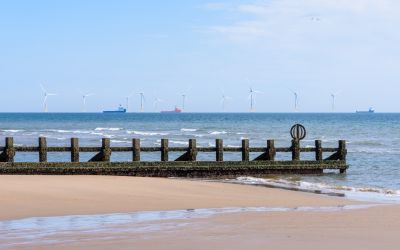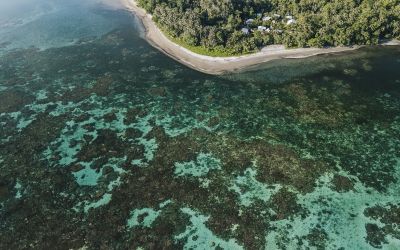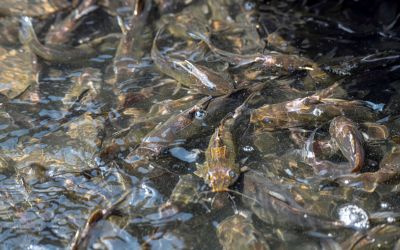Mexico to prioritise forests and their protectors in COP16
Conference of Parties host government Mexico aims to prioritise decisions on forests and finance in the climate talks beginning today, with a view of drawing links between real local impacts on rural and urban economies and the global decisions governments must make.

Conference of Parties host government Mexico aims to prioritise decisions on forests and finance in the climate talks beginning today, with a view of drawing links between real local impacts on rural and urban economies and the global decisions governments must make.
The International Forum on Globalisation (IFG) convened a meeting in Cancun on 24th -26th September 2010, which aimed at linking international allies with Mexico's local leaders. These include heads from the regions' indigenous, forest, and farming communities as well as urban youth, progressive labour, responsible business, and government officials.
The IFG meeting, which reconnected with old allies from the 2003 WTO Ministerial in Mexico-as well as creating new allies-aimed to help disseminate knowledge and inspiration towards a movement to act for global change. The gathering came just weeks before the 16th Conference of Parties (COP16) due to be held in Cancun from 29th November to 10th December.
Among the IFG's principal priorities for Cancun are the formal recognition and full implementation of the rights of indigenous peoples and forest dependent communities in all decisions, especially those aimed at Reducing Emissions from Deforestation and Degradation (REDD). REDD is an essential element of any global climate solution, as according to the IFG, nearly twenty per cent of all greenhouse gas emissions originate from tropical deforestation (as much as from China or the US).
Communities in and around Cancun are affected daily by climate change and many are getting involved in making their voices heard. Mayan corn crops are failing due to a decade-long drought, despite the region's recent floods, and fires, landslides and hurricanes are destroying Mayan tropical forests. The Caribbean coast's rare coral reefs are being bleached by higher ocean temperatures and acidification, while extreme weather is further threatening the erosion of the area's white sand beaches.
Additionally, local communities are concerned with community ownership, including the protection of community-based forest enterprises. According to the Centre for International Forestry Research (CIFOR), many communities are successfully managing hundreds of thousands of hectares of certified forests in Mexico, often with state-of-the-art wood processing facilities and diversified production/environmental services.
The ability to design national/sub-national REDD+ systems and REDD+ projects, which consider local property rights, socio-political dynamics and cultural perceptions of market-based instruments are critical towards the fight against climate change, according to CIFOR. The organisation states that many challenges still need to be resolved before it will be possible to secure effective management of the global atmospheric issue through market-based forest carbon trading.
According to the IFG, the recent meeting in Cancun resulted in achievements for Mexico's forest community with regard to control over forest resources, offering a positive view on future REDD proceedings. The meeting aimed to inform and inspire further constructive participation from forest communities surrounding Cancun, in decisions that impact their rights and livelihoods.
At COP16, REDD will pursue an important consensus formed prior to Copenhagen, in which non indigenous non governmental organisations agreed to support the positions of the Indigenous Caucus with respect to indigenous rights. As well as continuing this consensus, the IFG aims to reinforce climate change commitments in all areas.
In a report concerning objectives in the September meeting, the IFG states that Mexico's lead climate diplomat appears to be playing a constructive role in advancing
indigenous rights in any COP16 decisions.
Another important event to be held alongside the UN Convention on Climate Change, which supports Mexico's plight, is the UN-REDD Programme. This will focus on the wise use of forest resources, considering all stakeholders and ensuring measurement, reporting and verification of greenhouse gas emissions. The programme will push for synchronising normative international frameworks and organising joint events as well as working towards coordinated action on a national level, with joint missions and sharing of information.
The focus offers a promising outlook to indigenous peoples and forest dependent communities, whose rights are at risk of being overrun if REDD do not consolidate support for their cause. Mayans rallied thousands of protesters on the streets in 2003 for the WTO summit in Cancun, and it is hoped that the atmosphere at COP16 will be more civil, with formal discussions considering both the forests and the communities who protect the forests.
Author: Marianna Keen | Climate Action
Image: cjbsaw/ Flickr






